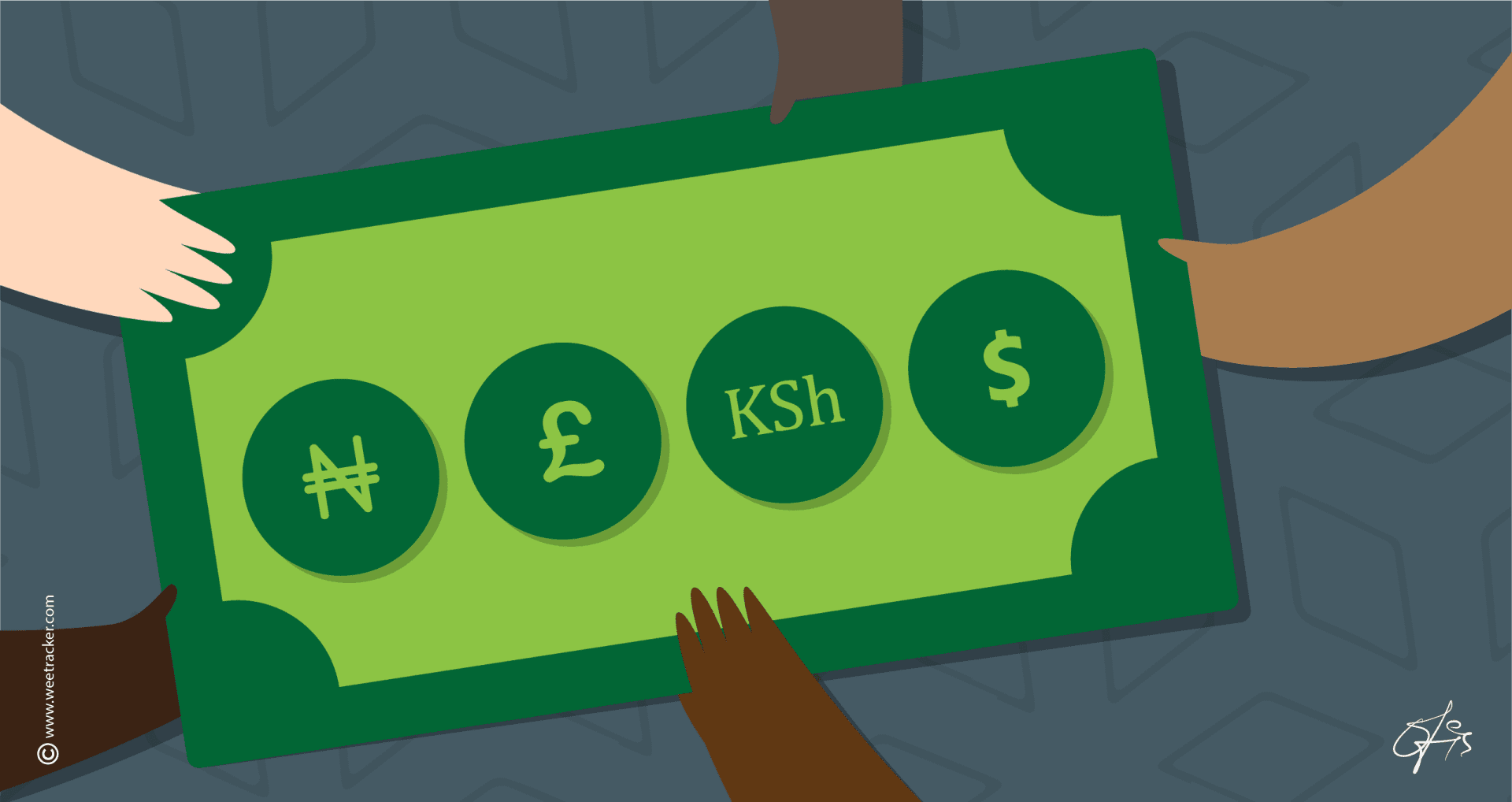Wave Enters The Ugandan Market To Race In The Mobile Money Olympics

On 7th September 2021, Senegal-based startup, Wave Mobile Money, raised USD 200 Mn in what is arguably the largest Series A round on the African continent ever and one of the largest in the world this year. This came at a USD 1.7 Bn valuation making it Africa’s fourth unicorn and the first from Francophone Africa. This funding round was led by Sequoia Heritage, Founders Fund, Stripe and Ribbit Capital. Other investors include Partech Africa and former Y Combinator CEO, Sam Altman.
How was Wave Mobile Money Founded?
In 2014, Drew Durbin and Lincoln Quirk founded Sendwave, which was a remittance provider that offered little or no -fee remittances from North America and Europe to select African and Asian countries. Sendwave was acquired by World Remit in 2020 in a USD 500 Mn stock and cash deal.
But before this acquisition, the Sendwave team had piloted a mobile money product in 2018 in Senegal. After the acquisition, they decided to focus their efforts on it.
State of Mobile Money in Africa
Around 57 percent of Africa’s adults do not possess a bank account of any kind. Many more are under-banked. Despite this, Africa is the second-fastest-growing payments and banking market. This is because of mobile money. The rising cellular and internet penetration rates have made mobile phones the banks of the future. According to Statista, there were 562 million mobile money accounts in Africa in 2020, while the number of customers with bank accounts in 2022 was estimated at less than 500m.
Half of the world’s registered mobile money accounts are based in Africa with Sub-Saharan Africa accounting for about 70 percent of the global mobile money transactions in 2018. The mobile money scene is dominated by telecom companies including MTN, Airtel, Tigo, Safaricom and Orange.
The difference between Wave Mobile Money and the Incumbents
Wave Mobile Money is a product that can be aptly described as a PayPal for mobile money. With PayPal, you link it with your bank account and you can make deposits and withdrawals. Wave does the same, but you link your account to your mobile money account from where you can make free deposits and withdrawals and be charged a 1 percent fee for money transfers. This is 70 percent cheaper than what the incumbents charge. Wave is essentially building an affordable money transfer.
Another feature of Wave is instant refunds when there is a transfer problem. For the telecom-led mobile money, one might have to wait a few days for the transaction to be reversed. Wave does not use a USSD code, it is solely-app based. For users without a smartphone, Wave provides a free QR card to transact with an agent.
Wave has built its own infrastructure from agent network, agents and consumer applications, QR Cards to business collections and disbursements. It has racked up several million monthly users and billions of dollars in annual volume. The startup claims to have between 4-5 million monthly users in Senegal making it the largest mobile money operator in the country, beating Orange Mobile Money. It expanded to Ivory Coast last year as its second market. On 28th October, it graduated from the sandbox to a fully regulated Payment Service Provider in Uganda making its third market and first outside Francophone Africa.
Can Wave Mobile Money usurp the incumbents?
It will not be easy for Wave to usurp the incumbents. The real mobile money battlefield is Eastern Africa. There are well-established players in the market already, and the zero withdraw fees or low charges for money transfers may not be enough to sway users. The region accounts for 293 million of the 562 million mobile money accounts in Africa and 94 million of the 161 million active users on the continent.
The popular M-Pesa mobile money platform has 50 million users which is almost 10 percent of the mobile money users in Africa. The telecom giant has also invested in building its app infrastructure and has an agent network of over 400,000 in 7 countries, a feat that Wave will struggle to replicate.
In Uganda, which is Wave’s latest market, MTN and Airtel rule the roost. The two account for 21 million of Uganda’s 28 million mobile money subscribers. Other telecom giants like Africell struggled to make inroads in the market with Africell Money and has since ceased operations. M-Pesa is also very popular in the country, especially for cross-border transactions.
Featured Image Courtesy: Vox